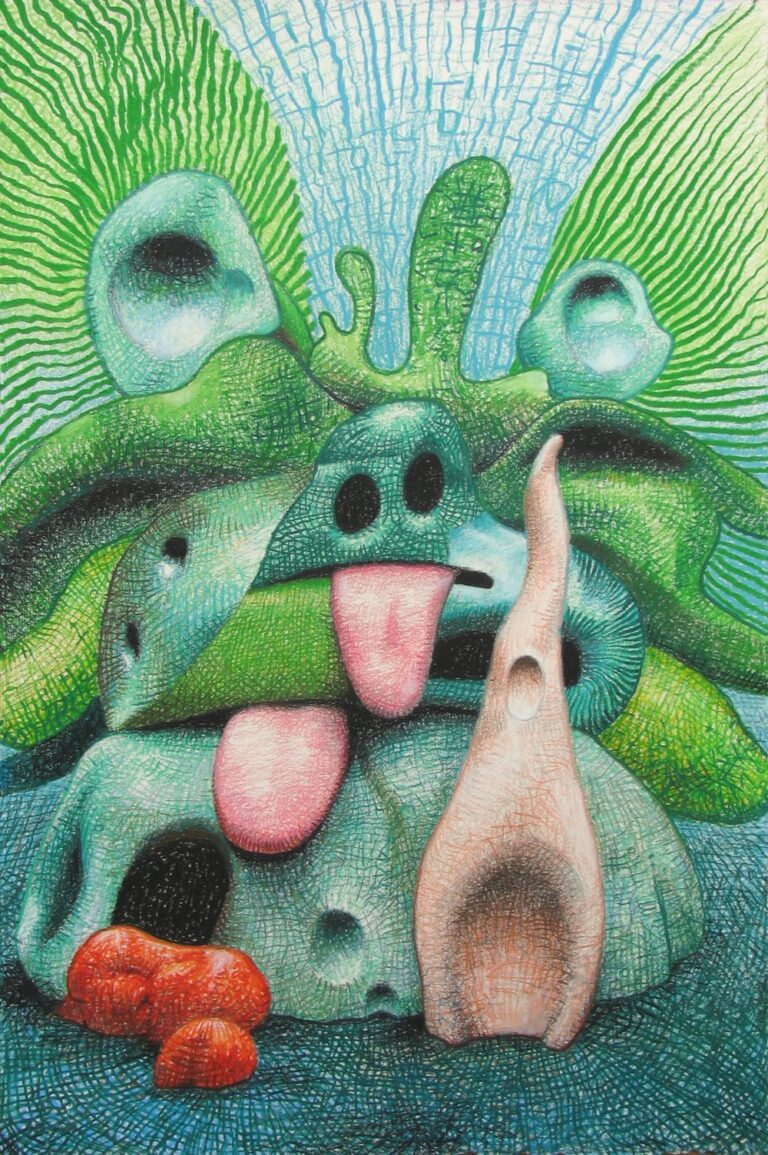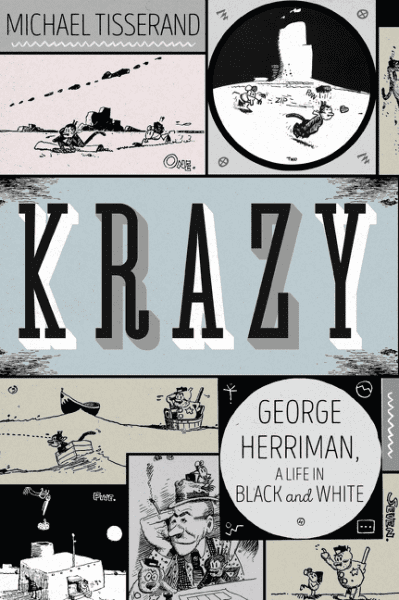We must hope for the best, but after Tuesday's election, even the best tastes like ashes. There are innumerable issues that should be of great concern to all Americans: violence against religious and ethnic minorities and immigrants, likely civil rights abuses, an unleashed police-state mentality, the empowerment of white nationalist groups, the potential erosion of press freedoms, the imminent possibility of another economic collapse, almost certain international turmoil, and a gutting of our already far too meager efforts to fight climate change. Among many other things.
Cartoonists have historically played a small but important role in times of political and cultural crisis: giving vent to anger, attacking powerful and oppressive forces, providing emotional comfort to the afflicted, helping to focus attention on absurdities and wrongdoing and means of action. Those of us who value the art form should be vigilant in our support for and defense of those artists who will be brave enough to tell the truth in the days, months, and years ahead. It should go without saying that this is only one small part of a wider range of vital struggles, but it should not be forgotten, here least of all. We will need as many courageous artists as we can get. I hope they are out there.
I would like to look back at this post years from now and feel embarrassed by my dramatic tone. But I don't expect to.
——————————
Rob Clough has written a review of the first installment of a new anthology, 4Panel.
Canadian artist Mark Laliberte has been publishing his 4Panel experiments in the pages of Carousel magazine and on the web for quite some time now. They are the product of a less restrictive version of OuBaPo-style constrictions, which give artists certain parameters they have to work with, like including certain elements on a page, telling the story as a visual palindrome, or using the same images but different words in multiple panels. The sole constriction for this particular project is that each artist has to work with the old comic strip standard of four panels at a time forming a single, coherent unit. What goes into those panels is up to each artist, and for the first print volume of 4Panel, Laliberte chose three artists whose visual styles are certainly varied.
Meanwhile, elsewhere:
—News. Former Wizard World convention exec Stephen Shamus has been sued for alleged theft, according to a brief report in the New York Post.
A comic-convention marketing exec raked in $1 million for himself by stealing celebrity-signed merchandise from his own company and then selling it, according to a lawsuit.
Stephen Shamus, 42, helped select celebrities for fan gatherings run by Wizard World, which pays stars to show up and sign autographs for fans — but often fenagled the high- profile figures into signing memorabilia for him personally.
—Interviews & Profiles. The Guardian speaks to Al Jaffee.
What do you think of the current political scene? There’s so much now that’s so far afield it’s a little hard to blow it out of proportion.
You’re absolutely right. I think they’re defeating Mad, because they’re going beyond anything we can think of doing to show the clownish nature of their claims. It used to be that politicians claimed that they would make jobs for everybody in the country within two years or something like that; now they claim that they’re going to make jobs for everybody on Mars. It’s just so outlandish.
GQ talks to Sean Howe, the author of Marvel Comics: The Untold Story, about Dr. Strange.
"I think that's what makes Doctor Strange so interesting and also so difficult to adapt," says Howe. "I liked a lot of things about the movie, but the Doctor Strange comics are Exhibit A in the argument that some things that can be done in comics just can't be replicated any other way. There's a lot of great nods to Ditko's visual motifs from the comic book, but it's different to see them on a page. I think there are a lot of people who mistakenly believe that the movies are the realization of what comics really wanted to be, and I think that kind of shortchanges the comics"
The latest guest on Virtual Memories is Ed Koren.
—Reviews & Commentary. For the Saturday Evening Post, Ed Dwyer writes about the current state of comic strips.
Today, wherever I am, I still open the paper to the “funny pages” first thing to start my day with a smile. But I am in increasingly diminished company, as newspapers have consolidated or shut down across the country and readership has dropped dramatically. The numbers tell the tale: In 1960, there were 1,763 total daily newspapers (morning and evening) with a total circulation of 58,882,000; in 2014, there were 1,331 with a total circulation of 40,420,000. Meanwhile, average daily newspaper readers are now in their mid-50s and getting older. And reading the newspaper is not a habit with younger generations, who prefer to get their news online (ironically, often at newspaper websites) or via social media like Facebook or Twitter. Even some of my own contemporaries tell me that they don’t read the print newspaper. “Print, how quaint,” they sniff.
For Paste, Shea Hennum has written a basic introduction to European comics.
Since the mid-’90s, smaller publishers like NBM have intermittently translated work, but French, Spanish and Italian tomes came in at a mere trickle for more than a decade. As a result, a generation of readers was cut off from a rich wellspring. But that’s begun to change; thanks to the ascendance of publishers like Humanoids, efforts by smaller publishers like Uncivilized Books, New York Review Comics and IDW, which launched a EuroComics imprint specifically to import classics like Hugo Pratt’s Corto Maltese and Jose Munoz and Carlos Sampayo’s Alack Sinner, some of the finest comics ever produced are poised to become more accessible.






